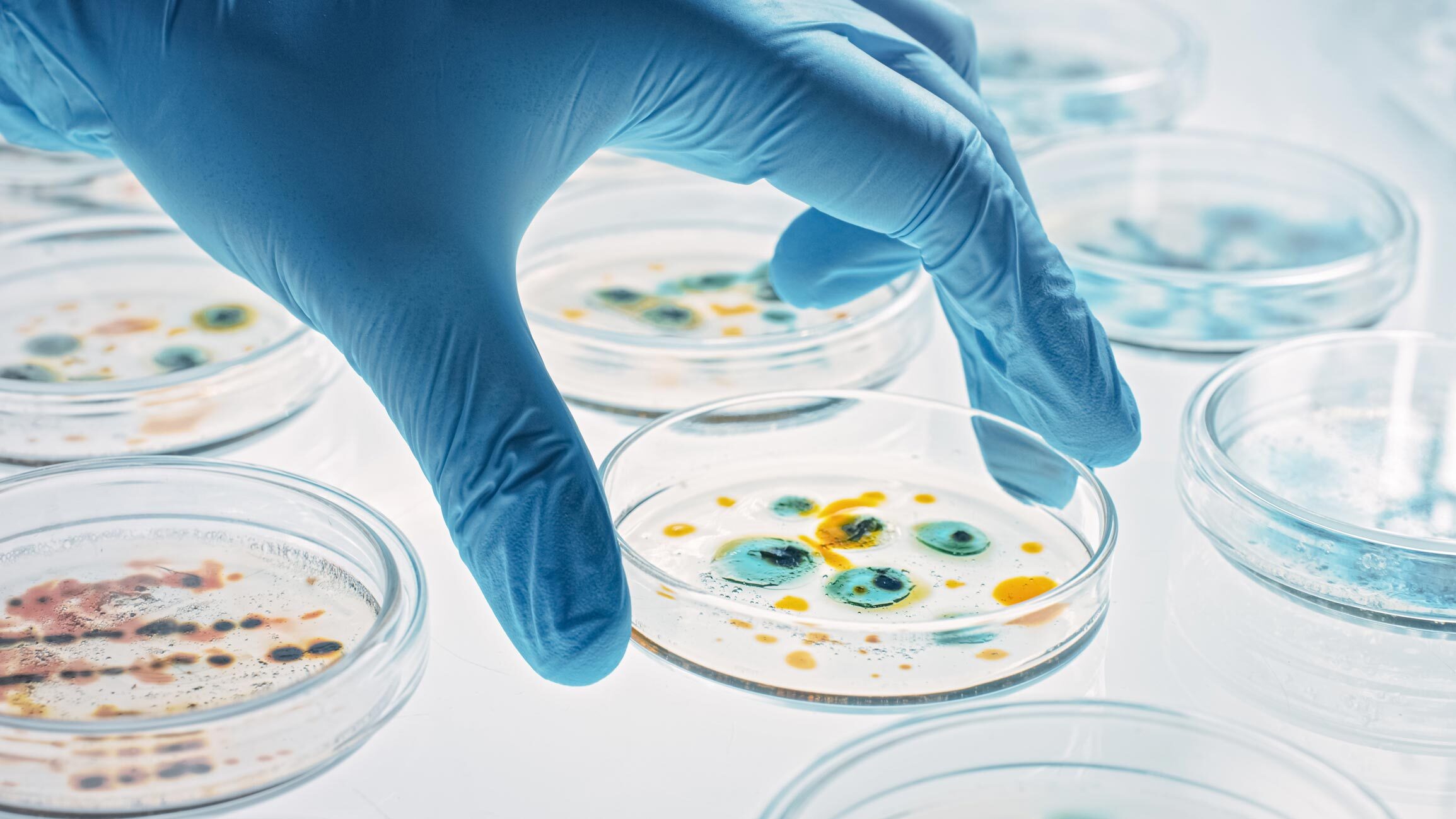
Synthetic progestin negatively affects mating behavior
DESCRIPTION
Progestin synthetic is a form of progesterone, a natural hormone, which plays an important role in the female reproductive cycle.
High rates of progestins consumption in the form of active ingredients in women's oral contraceptives and other hormonal preparations may lead to their increased concentrations in aquatic environments and subsequent harmful effect on fish reproduction.
The objective of the present study was to assess the effect of etonogestrel, a third-generation synthetic progestin, on the reproductive behavior, fertility, gonads histology, and secondary sexual characteristics of male and female Endler's guppies (Poecilia wingei).
Fish were subjected for 34 days to two concentrations of etonogestrel, including one possibly environmentally relevant and one sublethal concentration.
A mating behavior study was subsequently conducted and revealed that the treatment with etonogestrel significantly reduced mating frequency in the exposed fish compared to controls.
All the exposed females were unable to reproduce.
In addition, female fish exposed to the highest level of etonogestrel were masculinized, as their fins and body coloration showed patterns similar to male fish.
All Etonogestrel-exposed females also had fewer developed oocytes.
In conclusion, the low etonogestrel concentration (3.2 ng L−1) led to a reduction of mating activity in males.
But it didn't affect their reproductive success, but it completely inhibited reproduction in females.
The exposure to etonogestrel clearly has more severe consequences for females than males.